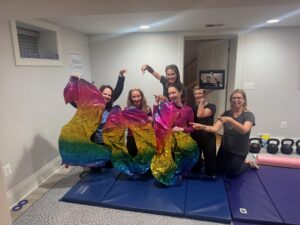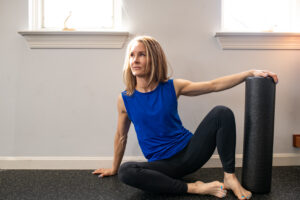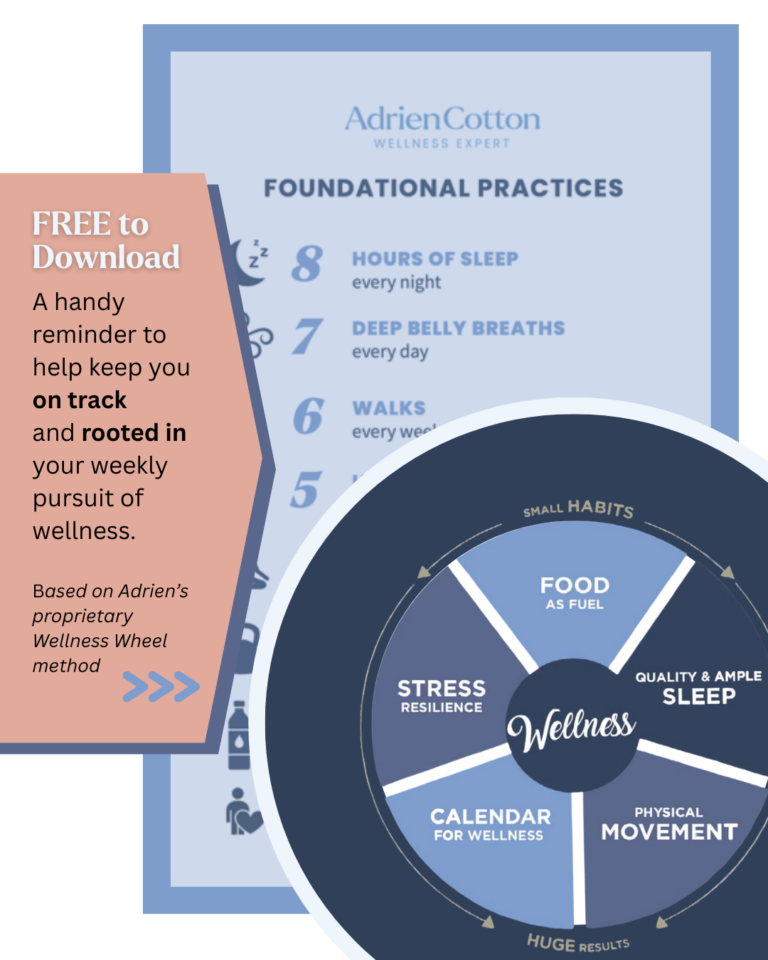Finally – menopause has hit center stage. This past Sunday, I was thrilled when New York Times Magazine published a groundbreaking article about how “Women Have Been Misled About Menopause,” and what to do about it.
In this article, Susan Dominus portrays the decades-long fallacy that menopausal symptoms and experiences aren’t as painful, difficult, and life-changing as they really are.
I couldn’t believe it! I have been sharing this same information with my clients for years. Now there is no longer a need to be silenced.
I hope that women finally feel seen, and men can better understand and sympathize with what their daughters, sisters, friends, colleagues, and wives endure (and usually keep hidden).
This article marks a pivotal moment of silence-breaking history.
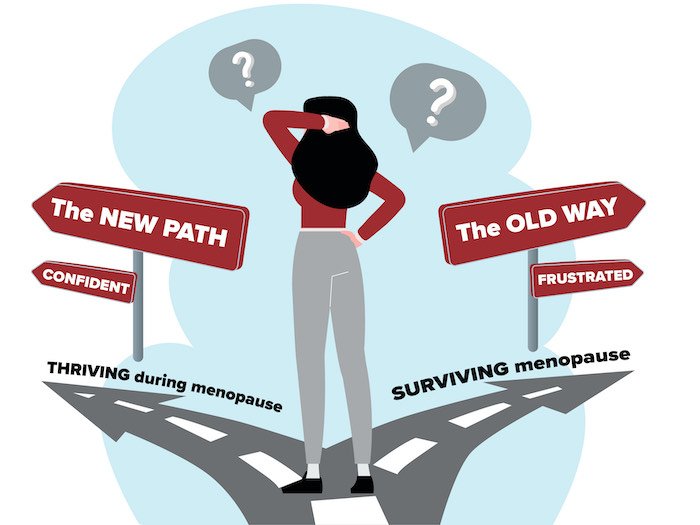
I’ll give a brief overview and link you to the piece if you’re interested in the full story.
Susan wrote that she and her friends found themselves in a confusing and unexpected state of suffering in their early 50s – what they now realize was the onset of menopause:
“The symptoms they experienced were varied and intrusive. Some lost hours of sleep every night, disruptions that chipped away at their mood, their energy, the vast resources of good will that it takes to parent and to partner. One friend endured weeklong stretches of menstrual bleeding so heavy that she had to miss work. Another friend was plagued by as many as 10 hot flashes a day; a third was so troubled by her flights of anger, their intensity new to her, that she sat her 12-year-old son down to explain that she was not feeling right — that there was this thing called menopause and that she was going through it. Another felt a pervasive dryness in her skin, her nails, her throat, even her eyes — as if she were slowly calcifying.”

I share in my MASTER Menopause Now! Course that these symptoms can be scary when you have no idea why your body and mind are changing so quickly, and seemingly without reason. Perimenopause and menopause can have debilitating symptoms like severe abdominal cramps, difficulty sleeping, migraines, lapses in memory, and intense negative emotions.
Susan wrote, “My friends’ reports of their recent doctors’ visits suggested that there was no obvious recourse for these symptoms. When one friend mentioned that she was waking once nightly because of hot flashes, her gynecologist waved it off as hardly worth discussing. A colleague of mine seeking relief from hot flashes was prescribed bee-pollen extract, which she dutifully took with no result. Another friend who expressed concerns about a lower libido and vaginal dryness could tell that her gynecologist was uncomfortable talking about both.” This confirms what I have also communicated to my clients: current medicine is still not up to date on menopause. This reasoning could be as benign as general ignorance in the medical community, or something far worse, but seemingly true, based on so many first-hand accounts of women.
“It suggests that we have a high cultural tolerance for women’s suffering. It’s not regarded as important.”
Knowing the suffering of women I know, love, and work with, and thinking back to the suffering I experienced, gave me the imperative to develop tools to thrive and not just survive midlife.
The first step is to break the silence. The next is educating ourselves and others, so we have the tools and strategies in place to make midlife as vibrant, joyful, and abundant as it should be.
Busy schedules, high-stress lifestyles, the roller coaster ride of dieting, and trendy exercise programs consume many women when it comes to feeling better during midlife. And sometimes NONE of these work. A new path is needed.
Menopause has more to do with our whole body, not just our reproductive systems. From our physical to emotional to our mental health, menopause affects us in a myriad of ways. It’s not just the end of our reproductive years, it’s a transition that encompasses all areas of our wellness. We cannot ignore it.
Silencing menopause can be easily compared to ageism and sexism. How can we turn a blind eye to something a whole demographic’s experiences? Because every woman will experience this at some point in their life, my mission is to help women – and men – talk about it, normalize it, and respect it as an opportunity to shift the old ways of chasing the perfect aesthetic. This New York Times article is the wide-scale representation and recognition that menopause, and the women who experience it, deserve.
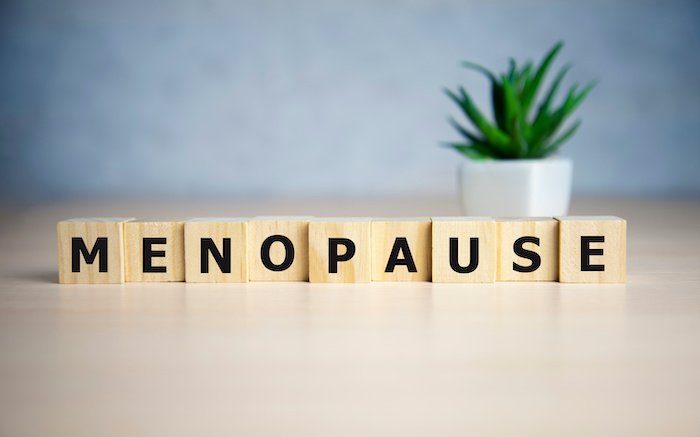
Read Susan’s full article in The New York Times here.
Do you want to break the silence on your own experience? Do you want a pathway to feeling better in your body? Join my small group Concierge program where I teach my proven, holistic, and interconnected strategies to reclaim your midlife and your wellness. Read more about it here.
